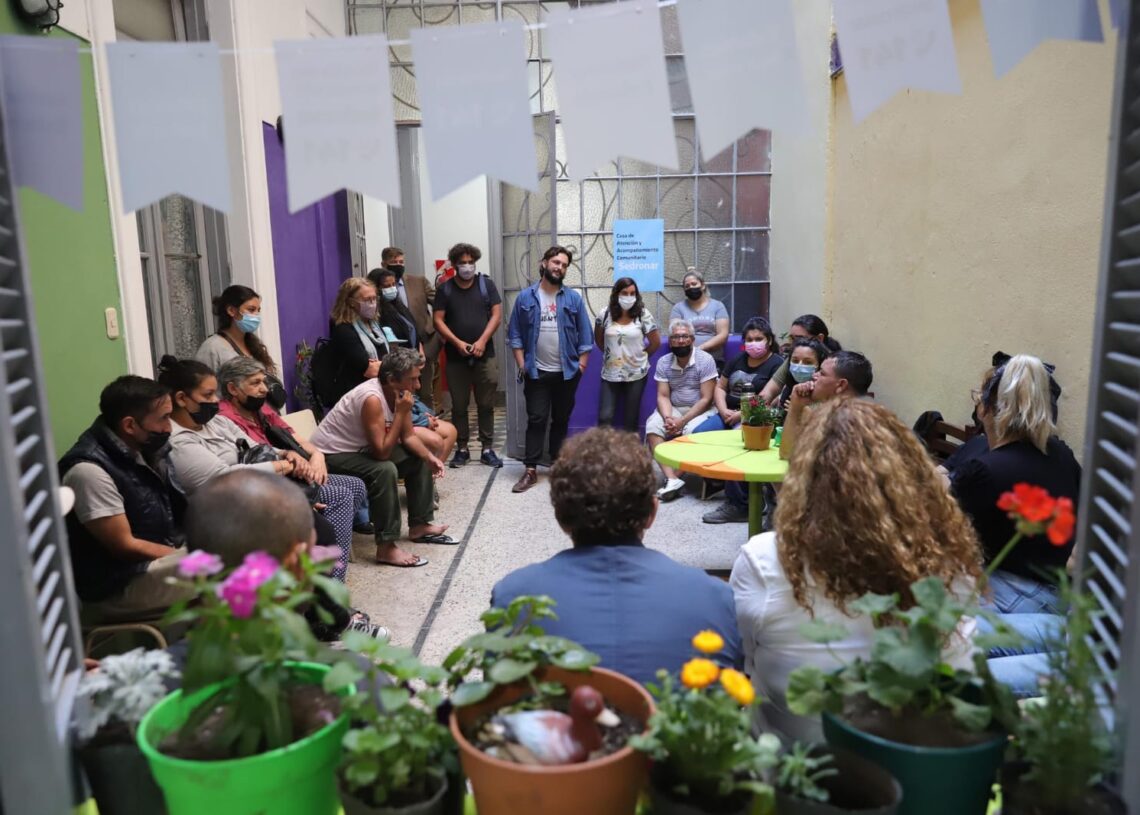Women are a minority among drug users, but, according to data from the United Nations Office on Drugs and Crime (2022), they tend to increase their rate of consumption and develop drug use problems more quickly than men. In addition, both women and LGTBIQ+ persons encounter greater obstacles when it comes to accessing drug addiction treatment, not only because the number of specific centers is much lower (and even non-existent in some countries and regions), but also because, due to their frequent role as caregivers, they tend to prioritize the health of their dependents over their own health care.
Therefore the priorities of COPOLAD III is to incorporate the gender approach in drug use prevention, harm reduction, treatment, rehabilitation, social reintegration and support services for particularly vulnerable groups, such as women and the LGTBIQ+ population.
In this context, COPOLAD III’s technical support to a research developed by the Argentine Observatory on Drugs (OAD), under the title ‘Study on people attending Community Houses, with specific approaches for women and LGTBIQ+’, is framed in this context. The Community Living Centers (CCC) are socialization centers, with the possibility of accommodation, for people with drug addiction problems, designed so that they can develop their daily lives normally. They are managed by Argentina’s Secretariat for Comprehensive Drug Policies (Sedronar) and represent an alternative to traditional residential institutions, standing halfway between health care and social inclusion.
Conclusions
The ADO study, based on interviews with women and LGTBI+ users of the Community Houses, inquires about different aspects, including the obstacles and incentives for access to treatment, the exercise of motherhood, self-care, labor insertion, the construction of a new life project or possible improvements in the facilities.
The results of the research, which complements a previous study carried out from the perspective of the staff of the Houses, show the tensions in the institutional setting of treatment for problematic drug use in relation to the role of caring for children in a therapeutic process. In this way, the study provides valuable information for the design of drug addiction care policies with a gender perspective.
The guidelines contained in the Conceptual and Methodological Guide for Incorporating the Gender Perspective in the Information Systems of National Drug Observatories, prepared with the support of COPOLAD by a Working Group with the participation of 21 Latin American and Caribbean countries, have been applied in this work.






